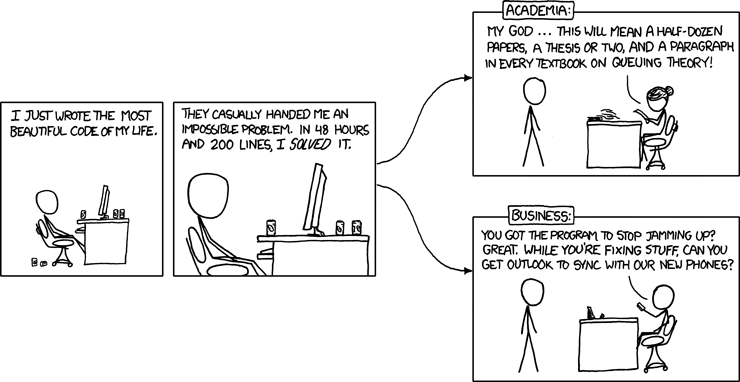When it comes to cultural imperialism you can always trust the French to step up to the base and struggle to “save” their language and culture. The New York Times writes that President Nicolas Sarkozy has pledged nearly $1.1 billion toward the computer scanning of French literary works, audiovisual archives and historical documents. The quote says it all
“We won’t let ourselves be stripped of our heritage to the benefit of a big company, no matter how friendly, big or American it is,” Mr. Sarkozy said last week, apparently in a reference to Google.
Just got to love their determination and readiness to fight the fight nomatter the odds. Where does this desire to go your own way come from? Its hard to say but it must have something to do with its own self image and internal cultural diversity. Or as President Charles De Gaulle once said
How can anyone govern a nation that has two hundred and forty-six different kinds of cheese?
Vive La France!


